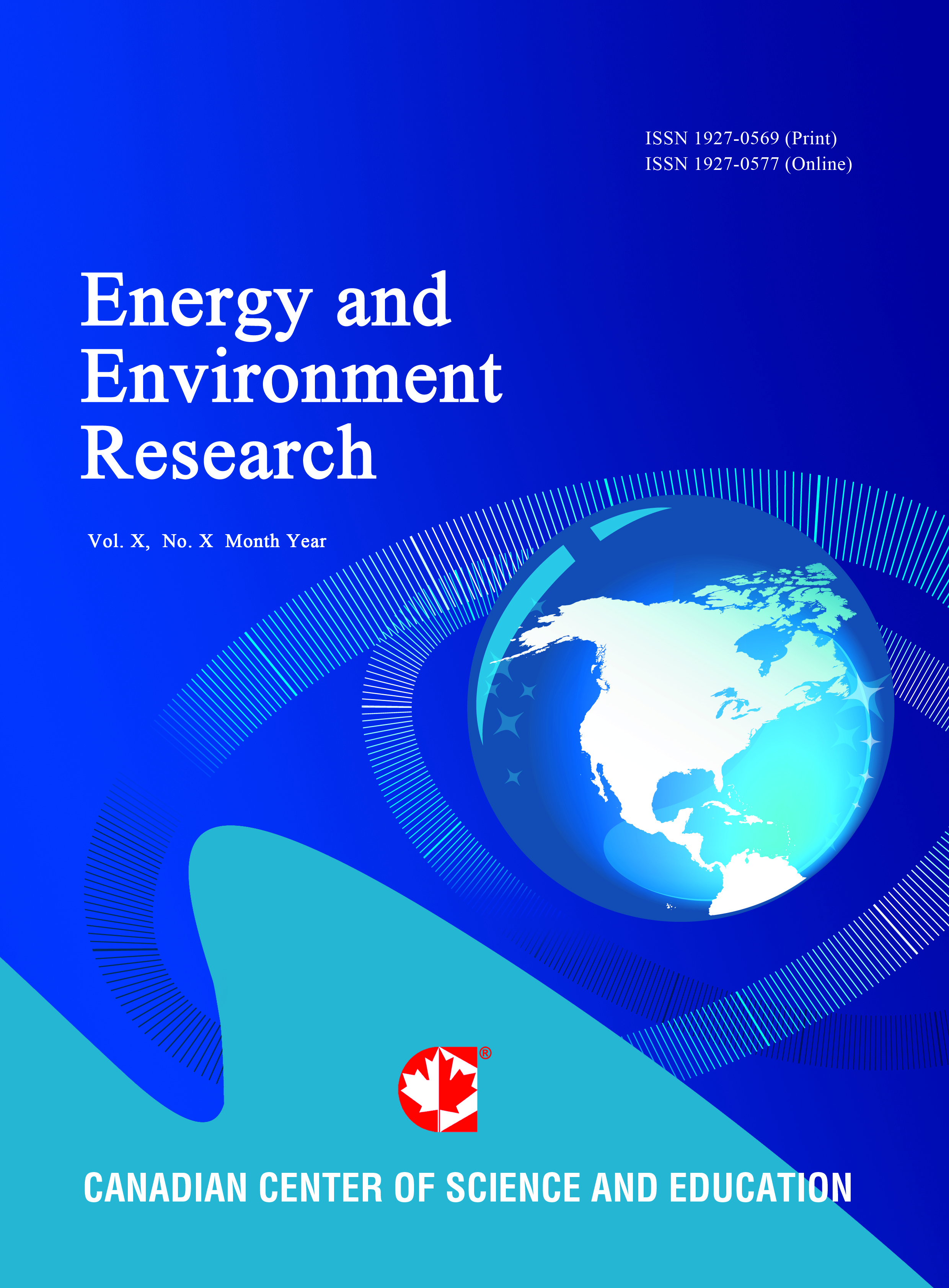A Sustainable Approach to the Harmonization of Electric Power Availability with the Mining Industry in Africa: a Case Study of Mozambique
- Ryunosuke Kikuchi
Abstract
It remains for a sustainability study to consider how to meet social needs for energy services in the realization of sustainable development, because globally about 2 billion people still have no acess to modern energy. It is therefore necessary to draw attention to energy access - w million deaths annually are associated with the indoor burning of solid fuels. Energy-supply infrastructure globally needs a cumulative investment of US$25.6 trillion for the period 2008-2030, and African portion of this investment is estimated at US$454 billion. Power generation that is dependent on the mining industry seems to be a worthwhile subject for considering the combination of energy availability with national development, so this strategy is discussed, with the focus on a case study of Mozambique: it can be estimated that self-supply system in the mining industry actually export a certain amount of power to national and regional markets, and they may be an opportunity to generate low-cost power through the use of discard coal from coking coal export operations. However, Mozambique should prevent discard coal from becoming a hazardosu load; mercury is on of the most toxic element in coal and its by-products. Political strategies that solove a socio-economic problem but cause an eneviornmental one should be avoided if sustainable development is to be properly realized.- Full Text:
 PDF
PDF
- DOI:10.5539/eer.v5n2p16
Journal Metrics
(The data was calculated based on Google Scholar Citations)
h-index (July 2022): 19
i10-index (July 2022): 53
h5-index (July 2022): N/A
h5-median(July 2022): N/A
Index
- BASE (Bielefeld Academic Search Engine)
- CiteFactor
- CNKI Scholar
- Elektronische Zeitschriftenbibliothek (EZB)
- Excellence in Research for Australia (ERA)
- Genamics JournalSeek
- Google Scholar
- NewJour
- Norwegian Centre for Research Data (NSD)
- PKP Open Archives Harvester
- Publons
- ROAD
- SHERPA/RoMEO
- Standard Periodical Directory
- Ulrich's
- Universe Digital Library
- WorldCat
Contact
- Lesley LuoEditorial Assistant
- eer@ccsenet.org
